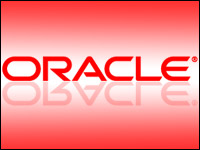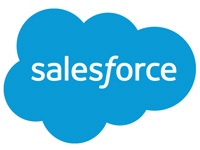
Oracle last week announced the acquisition of Apiary, a small company that tucks into its product line and will not make much of a splash in the financial pages or possibly even in tech circles. Nonetheless, it’s important strategic news.
The value of the deal wasn’t publicized — but given the parameters, the dollars will get lost in the rounding of Oracle’s overall revenue and profit numbers. The reason the buy is so important lies in what Apiary does.
As you can guess from the name, Apiary is a framework and tools for developing application programming interfaces, or APIs — interfaces that can be used in the development of cloud-based applications and services.
Bridge to the Cloud
Now, I suspect the first thing many people will think about is all the Oracle applications that might need this framework, but truth be told, Oracle has been working for years to cloud-enable its apps and has rewritten most of them in the process. So I don’t think that’s the intended target.
Oracle’s move to the cloud is stacked with legacy issues, which is one reason it has been offering so many types of cloud solutions to customers, including Infrastructure-, Software- and Platform as a Service, along with Data as a Service.
The reason is simple: Oracle has an installed base of well over 400,000 companies, big and small. They’re running many different apps developed in-house, as well as by Oracle and third parties. Moving all of them to the cloud will take a lot of time, even if some apps eventually get replaced by modern cloud versions.
For them, getting to the cloud means packing up and moving apps that can be 20 or more years old. Now, some customers will decide to scrap the old apps and implement shiny new cloud apps so they’ll only need to care about moving their data.
However, for many others, the first step in moving to the cloud will be simply moving the data center down the hall to one in the sky. Renting infrastructure will be more economical than periodically buying new servers and managing versions of operating systems, middleware, and applications.
To those customers, Oracle wants to sell IaaS, or Infrastructure as a Service, but to be successful, it has to help out with the move.
Move Now, Buy Later
More likely than not, those companies already subscribe to a few cloud apps, so the challenge will be knitting together the new and legacy systems. That’s why Apiary is so important.
Apiary will be a kind of facilitator for businesses moving to the cloud incrementally. Its value will be found in helping businesses forgo the need for more expensive conversions and upgrades as they reach for the cloud.
As a facilitator, its value will be measured in deals for upgrades and upsells that might not happen otherwise, or that would happen with greater difficulty and expense. So I hope Apiary’s owners factored that into their valuation estimates when they set a price. I am sure they did.

























































